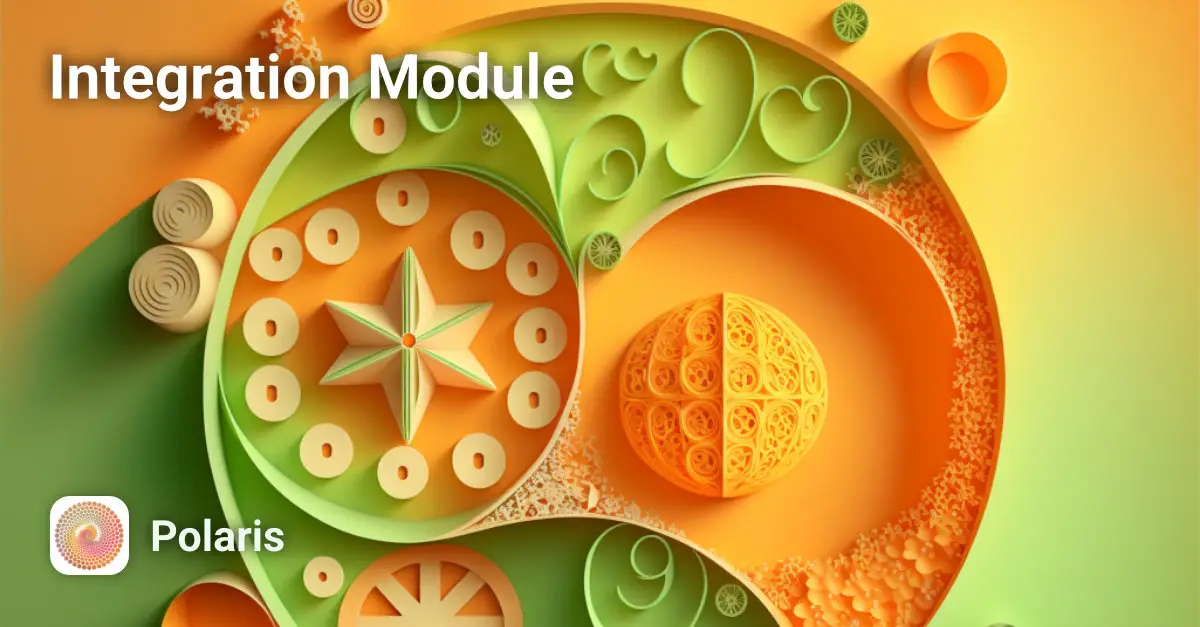Integration Module
Integration Module: Integration in Ketamine- and Non-Ordinary States of Consciousness-Assisted Therapies: Theory and Practice is a one-day course centred on the theory and practical application of integration in ketamine- and non-ordinary states of consciousness (NOSC)-assisted therapies.
- 50 Enrolled
- Professional
- Last updated Jul '23
- English
Course Description
Integration Module: Integration in Ketamine- and Non-Ordinary States of Consciousness-Assisted Therapies: Theory and Practice is a one-day course centred on the theory and practical application of integration in ketamine- and non-ordinary states of consciousness (NOSC)-assisted therapies. With an emphasis on non-verbal and verbal processing, self-reflection, and group sharing, the module offers clinicians practical considerations, insight into common challenges, and a fundamental framework to guide themselves and their clients towards meaningful integration.
The course further delves into the significance of the imaginal realm when working with expanded states of consciousness and their assimilation into everyday life. Utilizing expressive arts and various modalities, participants gain insights into effectively supporting clients in processing, embodying, and applying the lessons derived from depth exploratory work.
Suitable for healthcare professionals and the general public, this course allows healthcare professionals to integrate the tools and practices into their services, benefitting their clients or patients. Participants will learn about the principal categories of the presented integration framework, different types of interventions that may assist clients during the rapid remission process, and the importance of engaging with the imaginal realm as a part of the integration process. Moreover, attendees will be adept at employing multi-modal and multi-sensory creative or expressive practices and understand the historical backgrounds and utilization of mandalas as a tool for spiritual integration, particularly in the context of ketamine-assisted psychotherapy (KAP) clients.

Tatayo
Instructor
About Instructor
Tatayo (“Fruit of the Wind”) first arrived in Gabon in 1971 at the age of 21 and became a Gabonese citizen. In 1979, he became the first white person to be initiated into the Bwiti Fang tradition in Gabon. In 1994, he was initiated into the Misokko tradition. As a guide for numerous expeditions and missions, including those of National Geographic, the BBC, and others, Tatayo is considered to have “opened the door” to westerners in Gabon.
Frequently Asked Questions
$350
This course includes
- Modules 1
- Duration 8 Hours
- Skills Professional
- Language English
- Availability Cohort
- Certificate CE
Transform Your Life with FLO CoachingAD
Ready to break through personal barriers and discover a deeper sense of fulfillment? FLO Coaching offers one-on-one psychedelic truffle journeys in the Netherlands, guided by experienced professionals. Our carefully crafted experiences combine the power of psychedelics with personalized coaching, helping you gain profound insights and create lasting positive changes.
Elevate your personal development to new heights in a safe, legal, and supportive environment. From preparation to integration, we're there every step of your transformative journey.
Take the first step towards a more resilient, meaningful life. Schedule a free call with FLO Coaching today and unlock your full potential.
